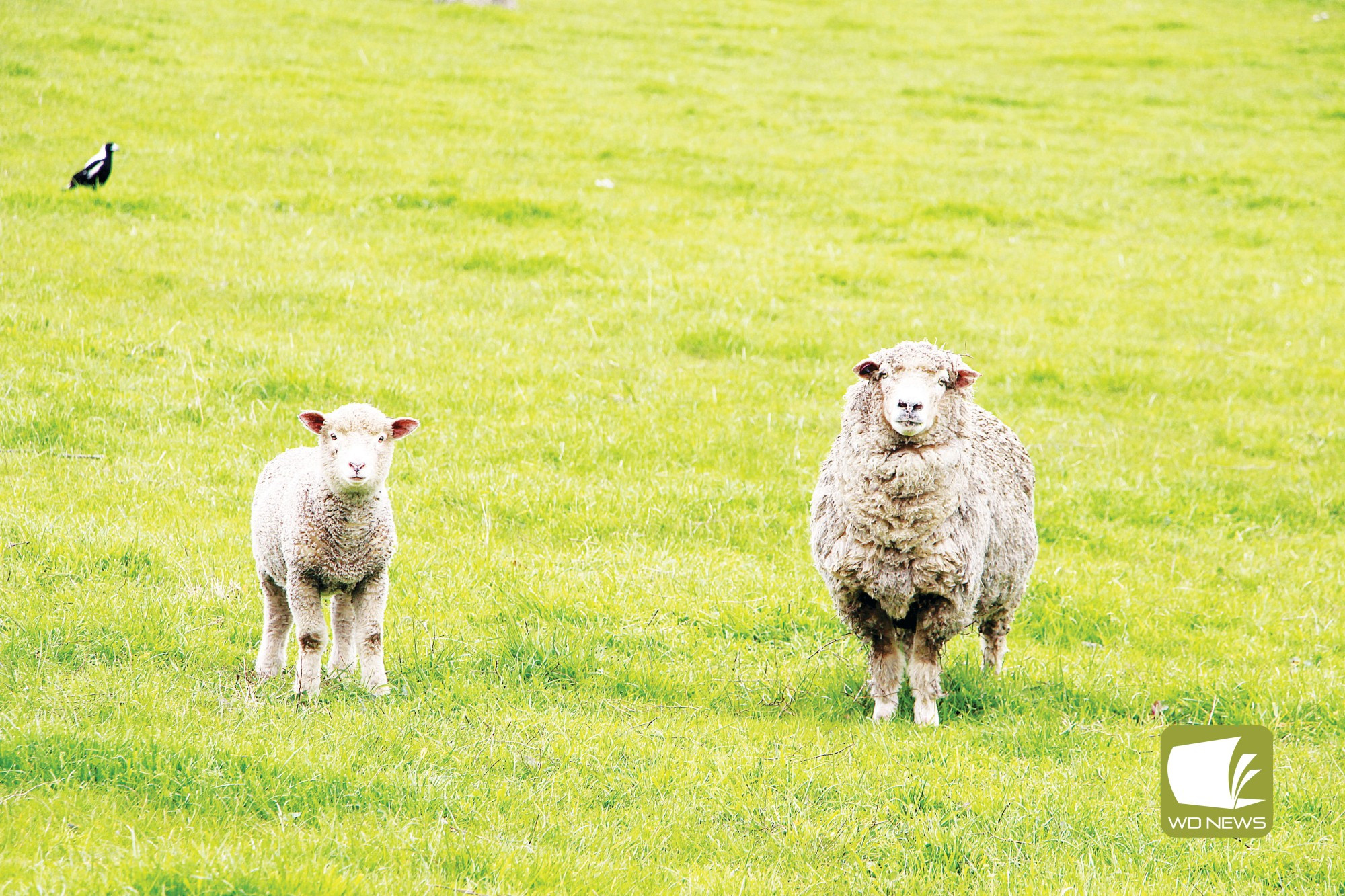General News
29 June, 2023
Data reveals farmers cautiously confident
FARMER confidence is on the rise due to good seasonal conditions and commodity prices, according to the latest quarterly Rabobank Rural Confidence Survey.

FARMER confidence is on the rise due to good seasonal conditions and commodity prices, according to the latest quarterly Rabobank Rural Confidence Survey.
The survey, released last week, found while still in negative territory overall, 13 per cent of Victorian farmers now expect business conditions to improve in the coming 12 months (up from nine per cent for the first quarter of 2023), and 37 per cent anticipate conditions to worsen (from 39 per cent previously).
Just under half (49 per cent) expect conditions to stay the same (down from 51 per cent).
The main driver for those farmers expecting the agricultural economy to improve are good seasonal conditions.
While cattle and sheep prices have eased in recent months and wool prices are softer, Victorian farmers listed commodity prices (at 67 per cent, up from 61 per cent in the first quarter) as a further reason for optimism.
Of Victorian farmers expecting the agricultural economy to worsen, fewer are concerned about easing commodity prices (58 per cent, down from 69 per cent), and input costs (33 per cent, down from 38 per cent last quarter).
There was increased concern around drought (12 per cent, up from six per cent), government intervention/policies (17 per cent up from seven per cent), and overseas markets/ economies (29 per cent up from 14 per cent).
Rabobank regional manager for Southern Victoria Deborah Maskell-Davies said farmers are generally receiving good returns.
“We’re seeing a return to more ‘normal’ conditions after a few back-to-back boom years for Victorian agriculture,” she said.
The dairy industry had the greatest lift in those expecting the agricultural economy to improve, with 19 per cent of dairy farmers holding an optimistic outlook compared with 11 per cent in quarter one.
Almost half (47 per cent) of dairy farmers expect agribusiness conditions to remain unchanged in the year ahead (previously 49 per cent), while 31 per cent are anticipating economic conditions will decline.
“Dairy farmer confidence is upbeat – despite the recent opening milk prices being around five to 10 per cent lower than last year’s prices – which were at record levels,” Ms Maskell-Davies said.
“Labour is an ongoing issue for Victorian dairy farmers, but the recent strong prices mean many farmers have taken the opportunity or are looking to upgrade dairy facilities – improving labour efficiency.”
Ms Maskell-Davies said access to quality fodder was an issue this year for some dairy farmers as many fodder and grain growers had grain and hay crops adversely affected by the wet season in
2022.This quarter, 50 per cent of Victorian grain growers expect agricultural economic conditions to decline in the year ahead (up from 21 per cent in Q1).
While 40 per cent expect business conditions to remain unchanged (previously 67 per cent) and only 10 per cent anticipate an improved outlook, (previously 12 per cent).
For the season ahead, Ms Maskell-Davies said, overall winter crop plantings in the state are expected to fall slightly from last year to 3.5 million hectares, although various regions in the state are “showing increased area”.
Beef producer confidence picked up this quarter, with 12 per cent of the state’s beef producers (up from nine per cent) expecting the agricultural economy to improve over the next 12 months.
And the number of beef producers expecting conditions to remain the same increased from 45 per cent last quarter to 67 per cent this quarter.
The sentiment of sheep producers with an optimistic outlook is stable at six per cent, (previously five per cent).
While there was an increase in the number of sheep producers expecting agribusiness conditions to decline, at 53 per cent (previously 44 per cent).
This quarter, fewer farmers said they are looking to increase their investment in their farm business over the next 12 months, down to 14 per cent, a decrease from 20 per cent previously.
“Following consecutive years with the rare combination of a good season and good markets, Victorian farmers are now realigning their investment intentions and focusing their spending on projects that will deliver essential productivity gains,” Ms Maskell-Davies said.
On-farm infrastructure – such as fences, yards and silos – was the main area for planned increased investment (nominated by 62 per cent of those intending to invest more, down from 72 per cent previously), followed by new plant and machinery (54 per cent, up from 44 per cent last quarter) and adopting new technologies (41 per cent, up from 36 per cent previously).
Property purchase was being considered by 23 per cent of Victorian farmers planning to increase business investment over the next 12 months. A slight increase on 21 per cent holding that intention in the previous quarter.